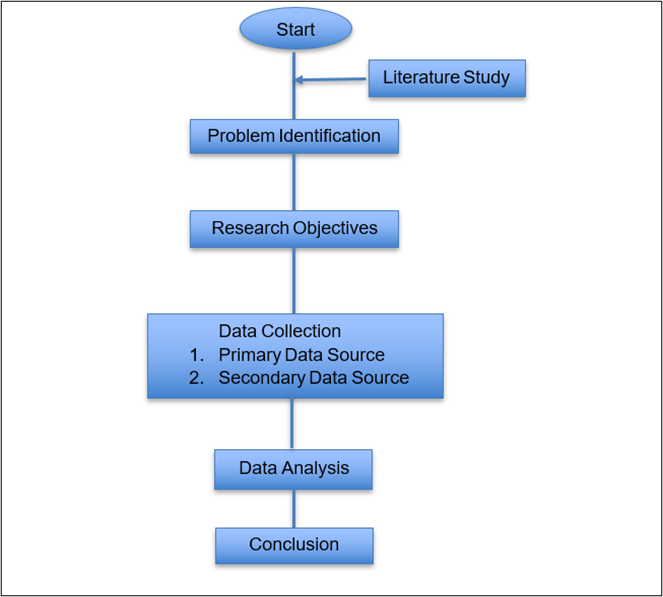Prophet in educational leadership professionalism critical study in the quran
DOI:
https://doi.org/10.26555/almisbah.v12i2.11540Keywords:
Profesionalism, leadership, Qur'an, Prophet in educational, Critical studyAbstract
The story of the prophet Yusuf is unique because it tells the entire story of his life. The story of the life of the prophet Yusuf is told in sufficient detail in one letter in the Qur'an. This research is about the professionalism of the prophet Yusuf in his leadership. This study discusses how the characteristics and traits of the prophet Yusuf with regard to leadership can be applied in education. To help fund this research and gain a better understanding, this research begins by compiling the interpretations of classical and contemporary scholars. This study's findings can be concluded that the prophet has 4 professional characteristics, namely Amin which means trustworthy, Makin which means high position, Hafidz which means able to maintain and alim which means having knowledge. As well as characteristics in leadership, including Professional leaders, honest and exemplary, capable, high intelligence, wise, fair, thorough, trustworthy and consistent.
References
Abu Alfida Ismail Bin Al Qursyi Ad Dimsiki. (2005). Tafsir Alquran Adhim, Juz 4. s.l : Dar Mashur Lithiba’ah, s.a.
al-Alusi, S. al-D. (2005). Tafsir Ruh Al-Ma’ani, juz. 3. In Darul Fikr.
As-Suyuthi, J., & Al-Mahalli, J. (2003). Tafsir jalalain. In Surabaya: Imaratullah.
Azra, A. (1998). Esai-esai Intelektual Muslim dan Pendidikan Islam, Tradisi dan Modernisme Menuju Milenium Baru. Logos Wacana Ilmu.
Az-Zamakhsyari, ahmud bin U. bin M. (2005). Tafsir al-Kassyaf, Juz 3. Daar al-. Andalus.
Az-Zuhaili, W. (2016). Tafsir al-munir: aqidah, syariah, manhaj. Gema Insani.
Danim, S. (2016). Inovasi pendidikan: dalam upaya peningkatan profesionalisme tenaga kependidikan. Pustaka setia.
Hamka. (1998). Tafsîr Al-Azhar. Pustaka Panjimas.
Kartono, K. (2010). Pemimpin dan Kepemimpinan: Apakah Kepemimpinan Abnormal Itu? Rajawali Pers.
Kurniawan, A. (2005). Transformasi pelayanan publik. Pembaruan.
Kusnandar. (2007). Guru Profesional. PT Raja Grafindo.
Latif, A. (2017). Al-Qur’an Sebagai Sumber Hukum Utama. Jurnal Ilmiah Hukum Dan Keadilan, 4(1), 62–74.
Mangkunegara, A. A. A. P., & Prabu, A. (2013). Manajemen Sumber Daya Manusia Perusahaan. In Ismail, Iriani. Remaja Rosdakarya.
Masykur, A. R. (2012). Misteri Sobeknya Baju Nabi Yūsuf As. Diva press.
Mustafa, B. (1960). al-Ibrîz li Ma’rifatTafsîr al-Qur’ân al-’Azîz. Menara kudus.
Naif. (2015). Zakat Profesi: Kajian ulama Klasik hingga ulama kontemporer. Jurnal Bimas Islam, 8(4), 691.
Nasution, H. (1992). Ensiklopedi Islam Indonesia. Djambatan.
Oroh, A. W., Pioh, N., & Undap, G. (2017). Profesionalisme Kerja Perangkat Kelurahan Dalam Pelayanan Publik Di Kelurahan Kotamobagu Kecamatan Kotamobagu Barat. Jurnal Eksekutif, 2(2).
Quraish Shihab, M. (2017). Tafsir Al-Misbah; Pesan, Kesan, dan Keserasian Alquran cet 1. In Ciputat: Lentera Hati.
Rosidin, R. (2017). Kepemimpinan pendidikan dalam Al-Qur’an (studi pustaka kisah-kisah dalam Al-Qur’an). J-MPI (Jurnal Manajemen Pendidikan Islam), 1(2). https://doi.org/10.18860/jmpi.v1i2.3964
Sari, D. F. P. A. (2022). Keutamaan Orang Berilmu Dalam Al-Qur’an Surat Al-Mujadalah Ayat 11. Tarbiya Islamica, Vol. 10(No. 2), 121–122.
Sari, M., & Asmendri. (2022). Penelitian Kepustakaan (Library Research) Dalam Penelitian Pendidikan Ilmu IPA. Natural Science: Jurnal Penelitian Bidang IPA Dan Pendidikan IPA, 6(1), 44.
Sedarmayanti, F. (2010). Good Governance (Kepemerintahan Yang Baik). CV. Mandar Maju.
Shihab, M. Q. (2005). Tafsir al-mishbah:Pesan, Kesan, dan Keserasian Al-Qur’an Vol 2. Lentera Hati.
Suryanti, E. W. (2014). Pengembangan Profesional Pemimpin Pendidikan. Likhitaprajna. Jurnal Ilmiah. FKIP, 16, 2.
Xia, B. S. , & Gong, P. (2015). Review of business intelligence through data analysis. Benchmarking, Vol.21(No.2), 300–311.

Downloads
Published
How to Cite
Issue
Section
License
Copyright (c) 2024 Eman, Aulif Angga Z, Dewi Fatimah Putri A.S

This work is licensed under a Creative Commons Attribution-ShareAlike 4.0 International License.
Authors who publish with Al-Misbah agree to the following terms:
- Authors retain copyright and grant the journal right of first publication with the work simultaneously licensed under a Creative Commons Attribution License (CC BY-SA 4.0) that allows others to share the work with an acknowledgment of the work's authorship and initial publication in this journal.
- Authors are able to enter into separate, additional contractual arrangements for the non-exclusive distribution of the journal's published version of the work (e.g., post it to an institutional repository or publish it in a book), with an acknowledgment of its initial publication in this journal.
- Authors are permitted and encouraged to post their work online (e.g., in institutional repositories or on their website) prior to and during the submission process, as it can lead to productive exchanges, as well as earlier and greater citation of published work.

This work is licensed under a Creative Commons Attribution-ShareAlike 4.0 International License.



